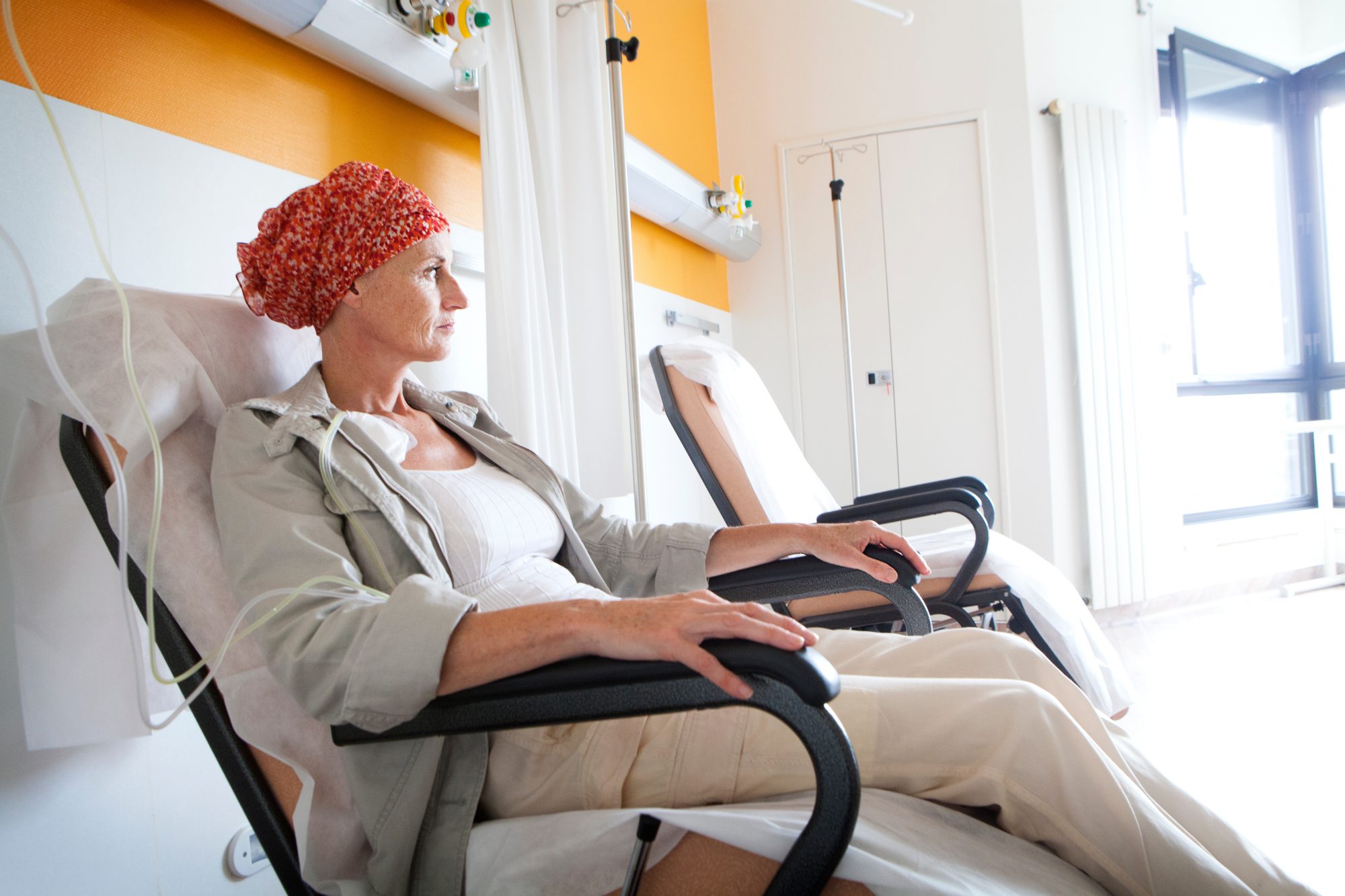What Is the Role of Hospice in Managing the Effects of Cancer?
When dealing with the challenges of advanced-stage cancer, both patients and families face significant emotional and physical tolls. Hospice care can provide crucial support during this time, focusing on improving the quality of life rather than extending or shortening it. But what exactly does hospice do for cancer patients?
Hospice plays a key role in addressing the effects of cancer across a holistic spectrum of care, including:
- Pain and symptom management
- Emotional and psychological support
- Spiritual care and counseling
- Family support and education
- Coordination of care
The team at Shiloh Hospice is here to explore each of these further, showing how hospice care can help transform a difficult time into one of comfort, dignity and peace.
The Goals of Hospice in Cancer Care
1. Pain and Symptom Management
Hospice teams help with controlling pain and alleviating symptoms like fatigue, nausea and difficulty breathing. Through intentional use of medications and therapies, they ensure patients are as comfortable as possible, enabling them to focus on their families and personal goals during this time of life.
2. Emotional and Psychological Support
Cancer impacts more than just the body. Patients can often face feelings of fear, grief or depression. Hospice care includes social workers and counselors dedicated to helping patients cope emotionally. Regular sessions provide safe spaces to share concerns, address anxieties and find greater emotional balance during this challenging time.
3. Spiritual Care and Counseling
For many, the end-of-life stage prompts deep reflection on life’s meaning and spirituality. Hospice incorporates spiritual counselors, like chaplains, to support patients of all faiths (or no faith). Whether through prayer, meditative practices or simply the act of being present, these counselors help offer peace and clarity in patients’ final days.
4. Family Support and Education
A cancer diagnosis often affects loved ones as deeply as the patient. Hospice offers guidance and resources to family caregivers, teaching them how to provide care at home, manage responsibilities and understand what to expect as a disease progresses. Services like grief counseling also extend after a loved one’s passing, helping families process their loss and begin to heal.
5. Coordination of Care
Navigating multiple medical appointments and treatments can be overwhelming to families. Hospice teams work closely with primary physicians, oncologists and other healthcare providers to streamline care. By creating personalized plans for each patient, they ensure a cohesive approach to symptom management, spiritual and emotional needs and personal preferences.
Why Hospice Matters
By addressing patients’ emotional, physical and spiritual needs, hospice care strives to enhance the quality of life when quantity may be limited. It allows cancer patients to spend meaningful time with loved ones in familiar surroundings while providing them with comfort and dignity. Families benefit from professional guidance and preparedness, helping them manage this transition with greater confidence and support.
If hospice care could make a difference for your loved one, we invite you to explore our compassionate services at Shiloh Hospice. Learn more about how our personalized care programs designed for cancer patients and their families in the Chicago area could make a difference for your family.






